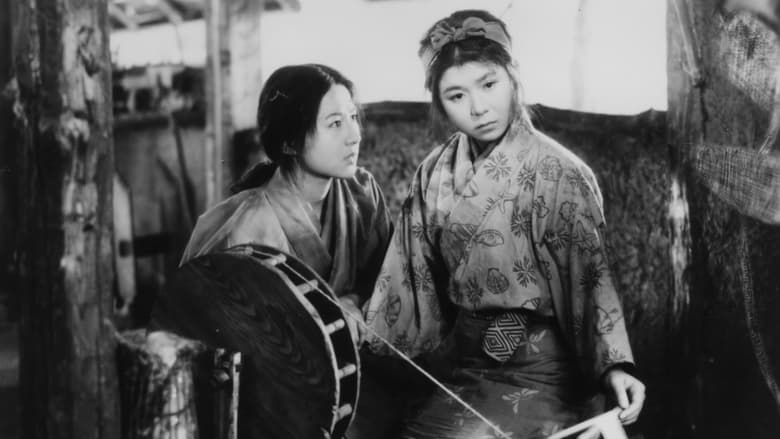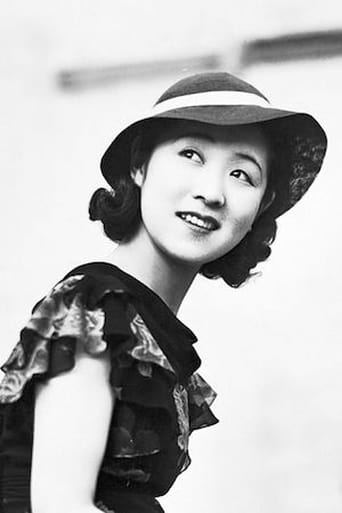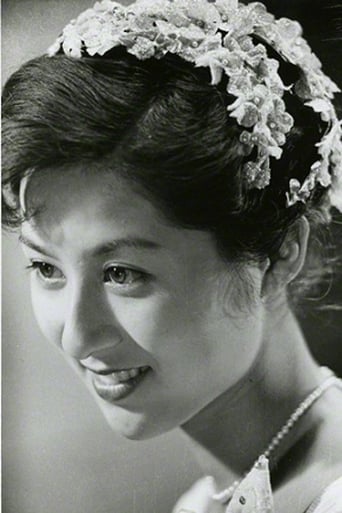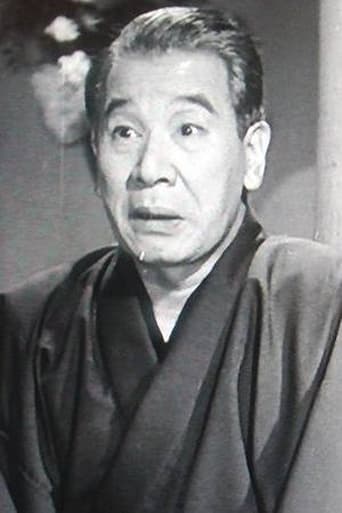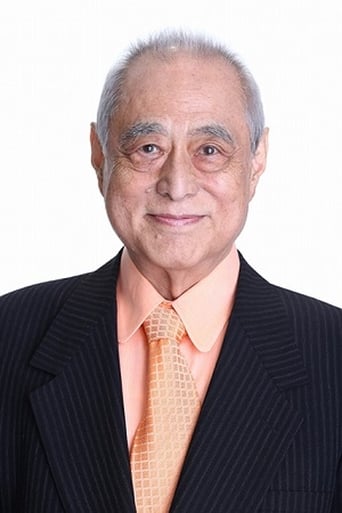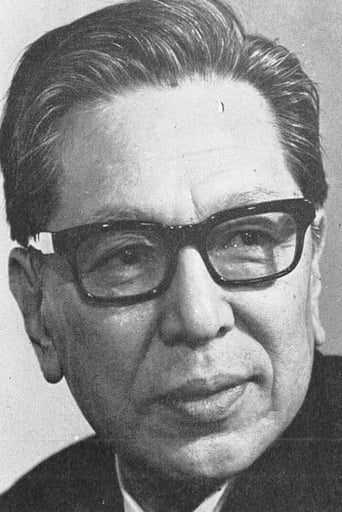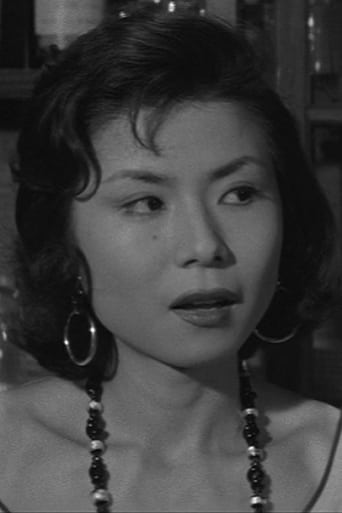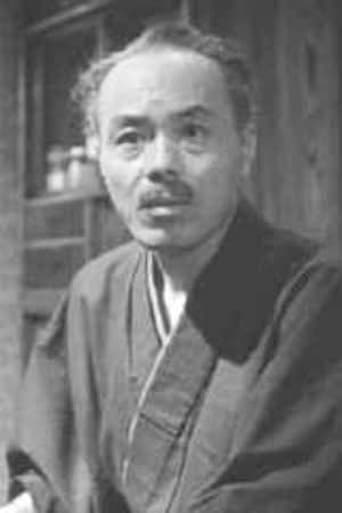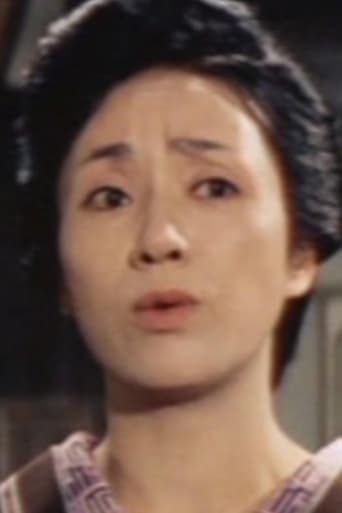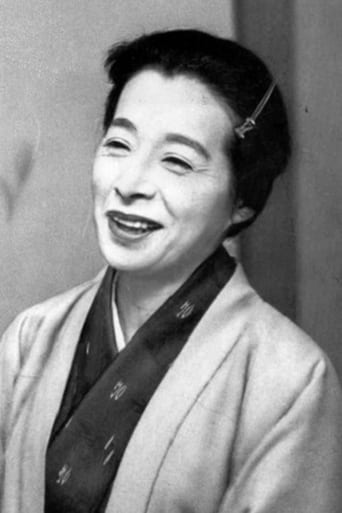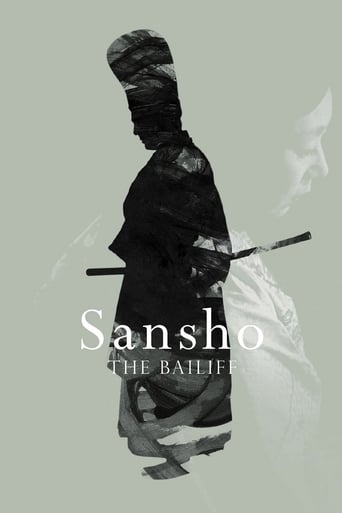
Sansho the Bailiff
September. 14,1955In medieval Japan, a woman and his children journey to find the family's patriarch, who was exiled years before.
Similar titles
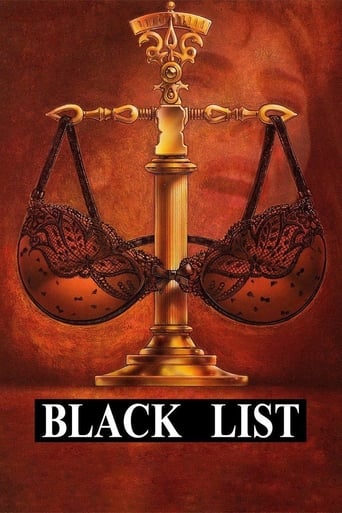
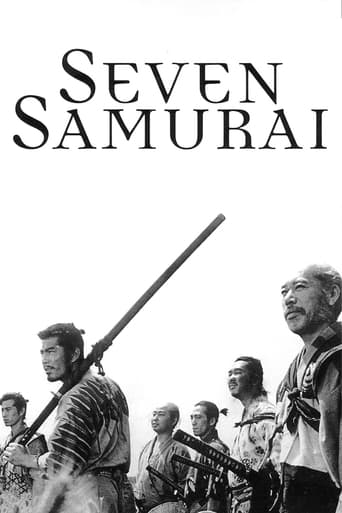

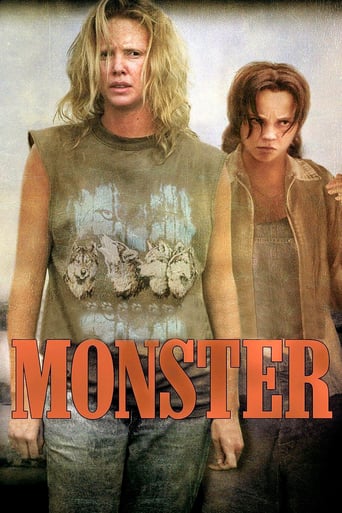
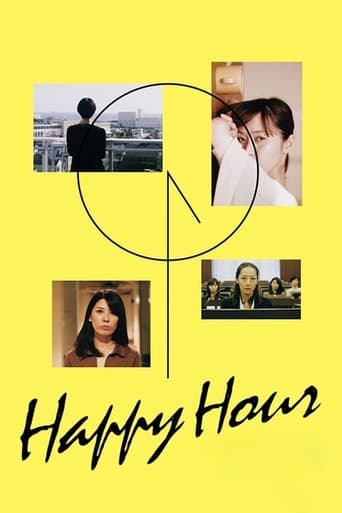


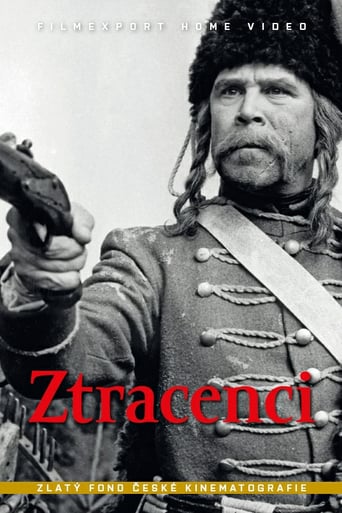
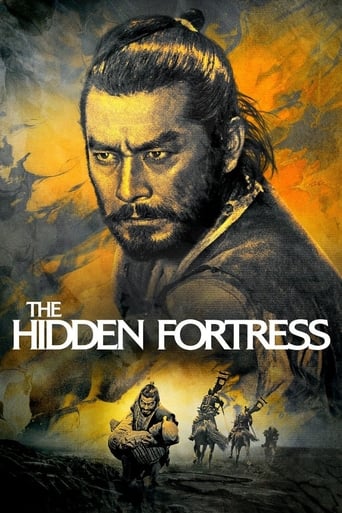

You May Also Like
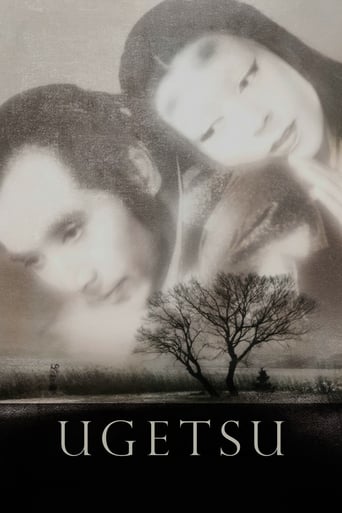
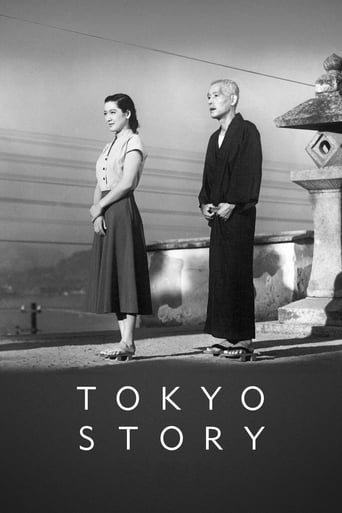
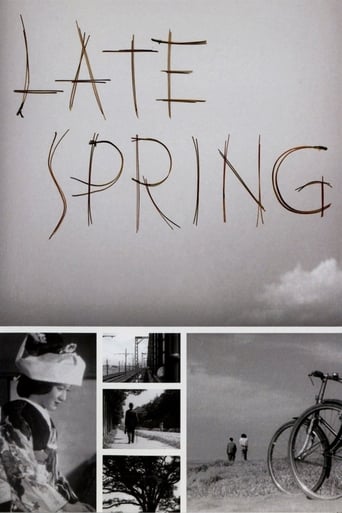
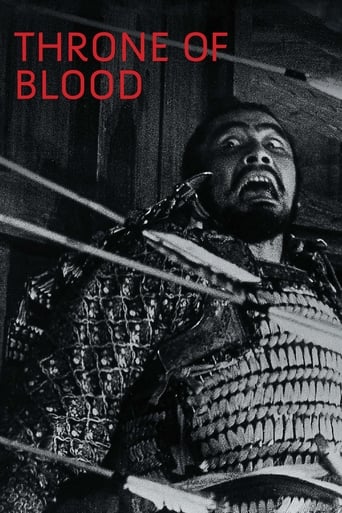
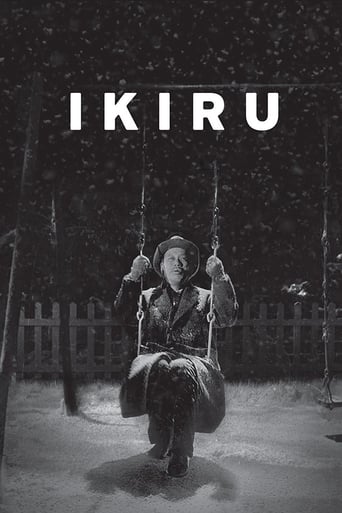
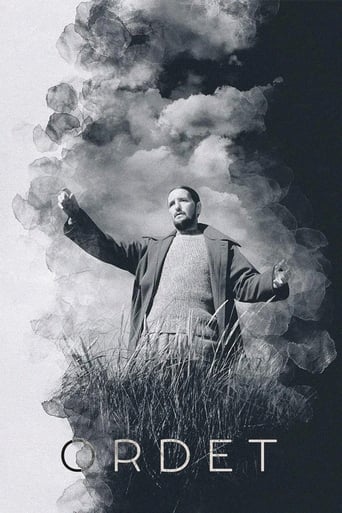
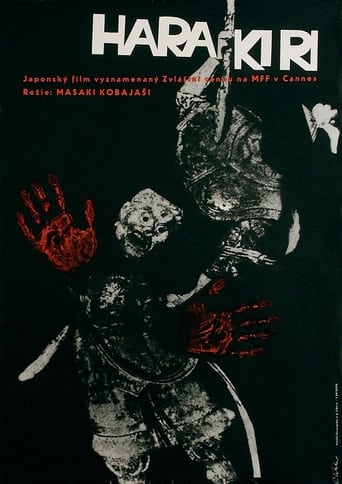
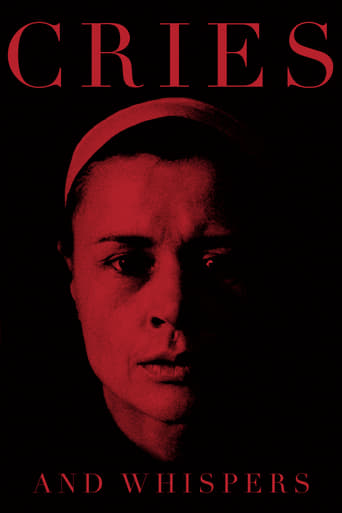
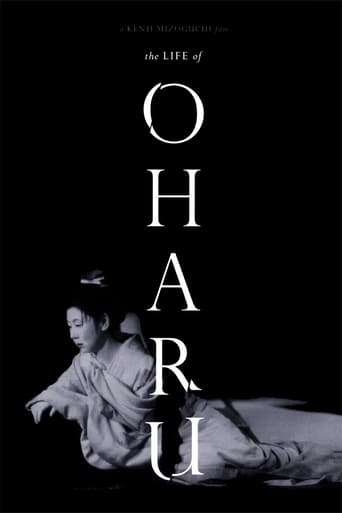
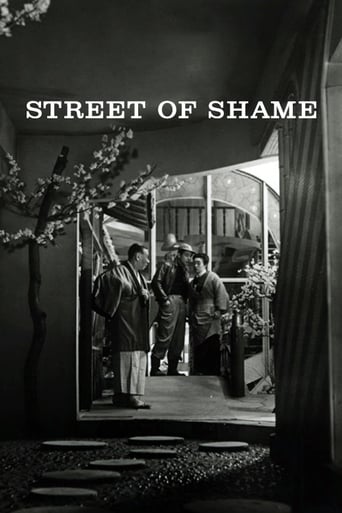
Reviews
So much average
This movie was so-so. It had it's moments, but wasn't the greatest.
The plot isn't so bad, but the pace of storytelling is too slow which makes people bored. Certain moments are so obvious and unnecessary for the main plot. I would've fast-forwarded those moments if it was an online streaming. The ending looks like implying a sequel, not sure if this movie will get one
All of these films share one commonality, that being a kind of emotional center that humanizes a cast of monsters.
Even the exquisite photography of this film cannot overshadow its unrelenting grimness. The story line is the most depressing of any non-Swedish film I've seen. It tells of the travails of a well-to-do family who are torn apart by fate. The moody score, which uses a combination of western and Japanese instruments, adds to its overall gloominess.
"Set in an era when mankind had not yet awakened as human beings," SANSHO THE BALIFF is more about the victimization of the Poor than anything else- especially a widowed woman and her two children: she ends up being kidnapped and sold into prostitution while the children are sold as slave laborers to the dastardly Sansho (whose screen time is kept to a minimum; he's the Catalyst here, but little more). Mizogushi's carefully measured pace makes for compelling Cinema and, as in other films, one of his chief concerns seems to be the mistreatment of the Downtrodden. It's interesting to find that even in ancient fairy tales, Republicanomics was responsible for making lives miserable.
Sansho the Bailiff is Japanese director Kenji Mizoguchi's great contribution for film industry. The late director is remembered for his mastery of the long takes (uninterrupted shot lasting longer than conventional takes) which he uses to full effect in Sansho the Bailiff.The film tells an excruciating tale of human cruelty and compassion of two 11th-century Japanese aristrocratic children who are sold to slavery. Sounds bleak and in all fairness there is very little uplifting to say about the story. In fact the film draws its great impact from emotional turmoil and despair which the children, Anju (Kyoko Kagawa) and Zushio (Yoshiaki Hanayagi), experience during their long and miserable captivity. At a glance one might think Sansho the Bailiff was uneventful film, but the director's great skill to draw drama out of human plight quickly captivates. For such a slow paced and actionless drama film, I was truly impressed how effortlessly the film managed to keep me fully immersed with the film through the running time.For its great age, Sansho the Bailiff, has truly aged gracefully and it still witholds great emotional impact even after ~60 years since its creation. Director Kenjo Mizoguchi truly created a beautiful classic with Sansho the Bailiff and after seeing the film I now fully understand and agree with all the praise western critics and film-makers alike have given Sansho the Bailiff.
This Japanese film featured in the 1001 Movies You Must See Before You Die book was a title I remembered well, I had no idea what the plot or story would involve, but I was open to giving it a chance because of the recommendation. Basically this is a historical, and it sees Governor Masauji Taira/Tairano no Masauji (Masao Shimizu) is exiled and his wife Tamaki (Kinuyo Tanaka) and children daughter Anju and son Zushiô have to live with her brother. Before leaving the governor gave his son the amulet of Kannon, the goddess of mercy, but eventually they are all reunited, only to be caught by kidnappers, the mother sold as a prostitute and the children becoming slaves for Sanshô Dayû/Sansho the Bailiff (Eitarô Shindô). Anju (Kyôko Kagawa) and Zushiô (Yoshiaki Hanayagi) grow up and continue as servants, and the daughter learns that their mother is still a prostitute for noblemen on a remote island, so she and her brother break out, they separate and Zushiô finds somewhere to hide, but fearing for herself Anju drowns herself in a lake. Seeking justice and petitioning against Prime Minister Fujiwara (Ken Mitsuda), this would normally result in imprisonment or death, he is successful and finally able to overthrow evil Sanshô and reunite his family, but it may already be too late. Also starring Akitake Kôno as Taro, Ryôsuke Kagawa as Ritsushi Kumotake, Chieko Naniwa as Ubatake, Kazukimi Okuni as Norimura and Kikue Môri as Priestess. Alright I will be completely honest, I do not really remember any of the film, it was pretty complicated most of the time, however what stuck out for me was the long takes and flowing camera-work, and there is an intriguing insight in the psychological differences between men and women, I suppose that it is good enough reason to make this a worthwhile epic period drama. Very good!
Top Streaming Movies











